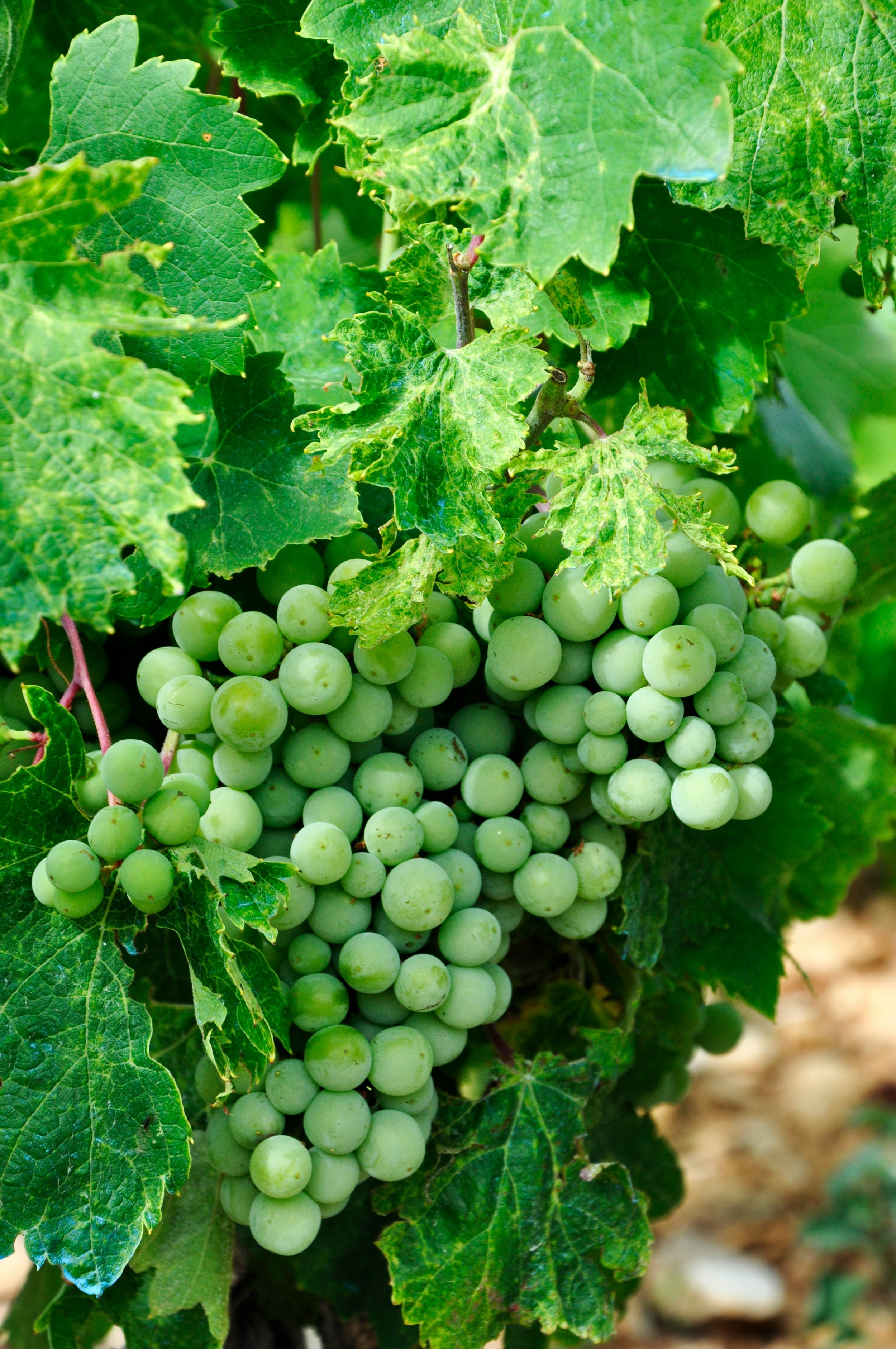Photo by Alex Block on Unsplash
When it comes to wines, there are two major categories of organics: ‘Wines made with Organic Grapes’ and ‘Organic Wine.’
Here’s a quick overview of each.
Wines Made with Organic Grapes
Wines made from organically grown grapes are much more common. This means there were no synthetic pesticides or herbicides used in the vineyard. Yeast and any other agricultural ingredients used in winemaking aren’t required to be organic, but have to be produced without excluded methods (like genetic engineering). Organic grape production prohibits the use of genetically modified organisms. This means that organic grapevines are not genetically engineered or modified in any way.
So, wines made from organic grapes are produced with a focus on environmental sustainability, soil health, and biodiversity, while avoiding synthetic chemicals and genetically modified organisms. This is not only better for the environment but also contributes to the production of wines that reflect the unique characteristics of their winery’s terroir.
Organic Wines
For a wine to be labeled as ‘Organic’ it must only use organically grown grapes and avoid synthetic additives. Both the growing of the grapes and the winemaking process must be certified. This includes making sure the grapes are grown without synthetic fertilizers. Other agricultural ingredients that go into the wine, such as yeast, also have to be certified organic. And then, any non-agricultural ingredients must be specifically allowed and can’t exceed 5% of the total product.
In addition to organic farming practices, many organic vineyards also adhere to broader sustainable agriculture principles. This may include practices such as water conservation, energy efficiency, biodiversity preservation, and waste reduction.
Finally, while the winemaking process naturally yields some sulfur dioxide (sulfites), the winemaker cannot add sulfites to an organic wine. (Note: Sulfites are commonly added to wines to stop the fermentation process and/or as a preservative in the bottle).
Although this is a brief overview, please note that the specific regulations and certification standards for organic wines can vary depending on the country or region. Cheers!


